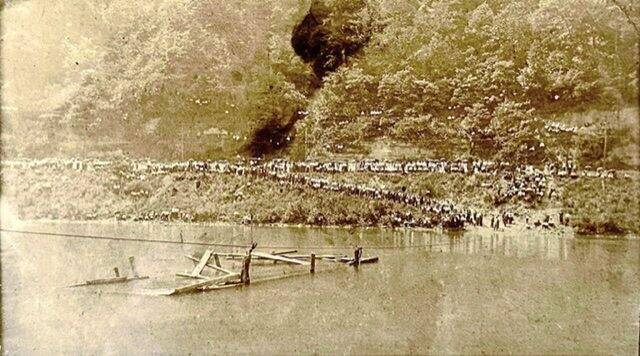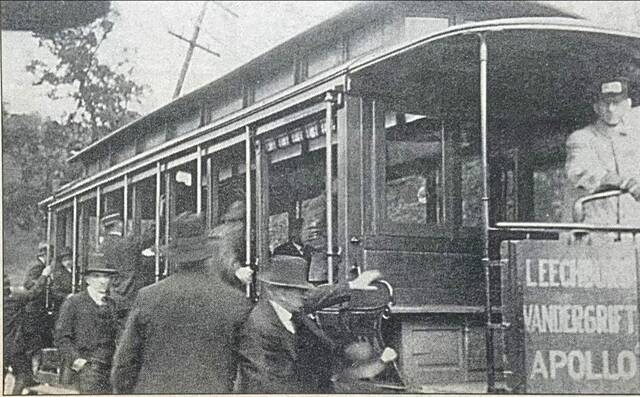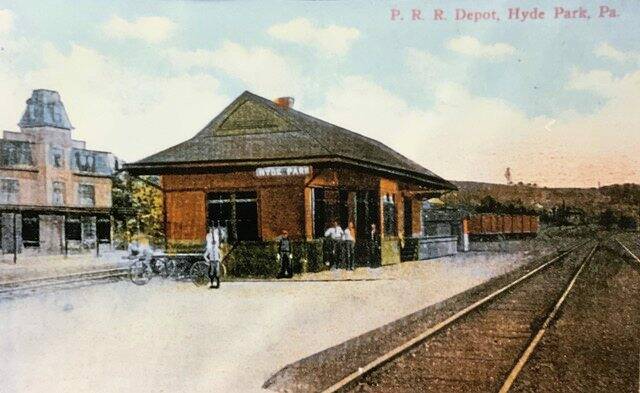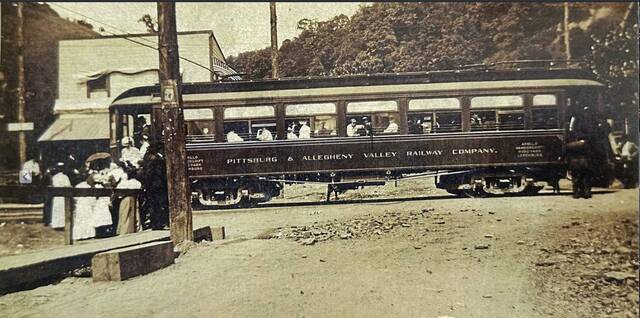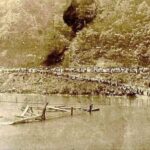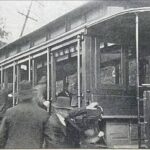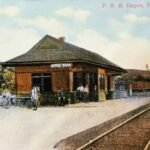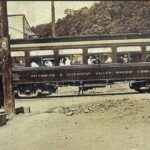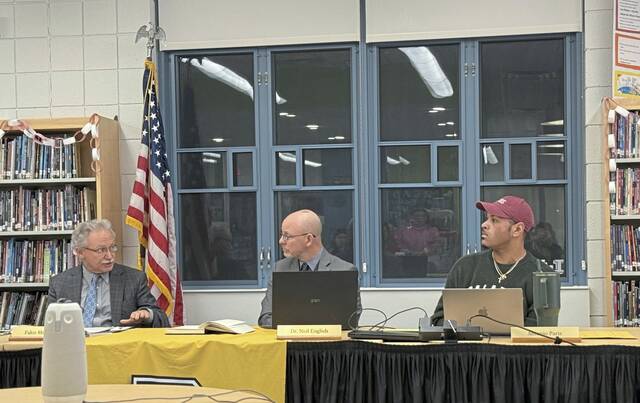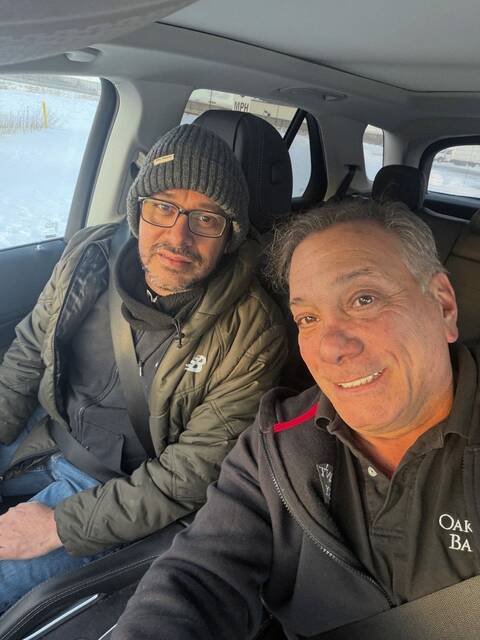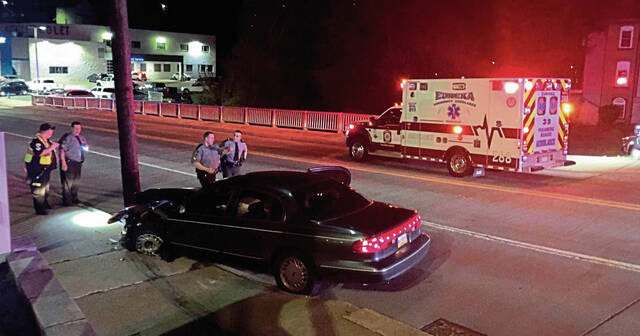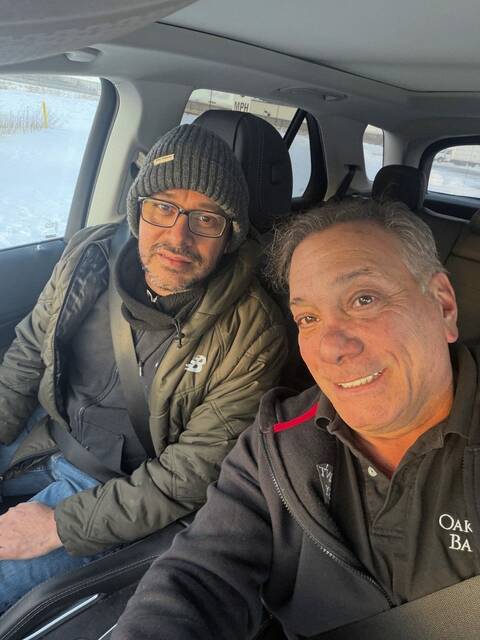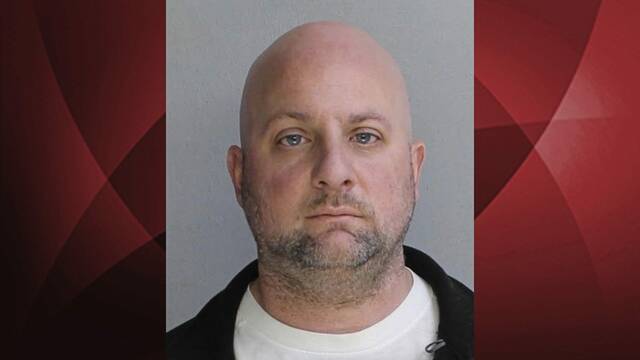In the early 1900s, Hyde Park was a small but important borough across the Kiskiminetas River from Leechburg.
It was popular throughout the Kiski Valley because it was the only community in the area where alcoholic beverages could be purchased. Back then, residents of each town could vote on whether alcohol could be served in their community.
Leechburg residents wishing to visit Hyde Park would have to cross the Leechburg Bridge and walk upriver along the railroad tracks.
There were as many as 14 trains using the tracks each day, so walking along them could be hazardous.
To serve the needs of Leechburg and Hyde Park residents, a ferry was put into service in 1904 to carry patrons across the Kiski River.
It ran from Main Street in Hyde Park to the Leechburg side of the river, where it connected with a West Penn Railways Trolley station.
The ferry was 40 feet by 20 feet and constructed of wood beams and planks. It traveled along a steel cable anchored on each side of the river. This cable kept the ferry from drifting downstream with the current.
On Saturday, June 28, 1913, the town of Hyde Park was bustling with activity. It was reported in the Apollo News-Record that “Saturday was a payday in Vandergrift, Leechburg, Hyde Park and Apollo. Half a million dollars was paid out, according to a conservative estimate.”
The paper described it as a day of “unchecked merry-making.”
The town stayed open until its 9:30 p.m. closing time. The next train passing through Hyde Park was not scheduled to arrive until midnight. Many of the merrymakers decided to board the ferry and catch a trolley on the Leechburg side to return home.
On this crossing, the conductor collected tolls of 5 cents from each of the 57 paying passengers. But with many of the passengers drunk and boisterous, some other folks managed to slip aboard the ferry without paying. Add to that the conductor and operators aboard, and the ferry was overloaded.
At 9:45 p.m., when the ferry was within 20 feet of the Leechburg side of the river, some of the passengers spotted the Vandergrift trolley and began pushing forward to the front of the boat. This caused the bow of the ferry to dip below water level and quickly sink.
The river was estimated to be 14 feet deep at this point. Within five minutes, eight men had lost their lives.
Throughout the night, rescuers worked to recover bodies.
The following morning, it was decided to dynamite the river bottom in the belief that a number of the missing would be brought to the surface. Hundreds of people came to witness the rescue efforts.
The operators on board the ferry were found not to have been at fault for the tragedy. The blame fell, rather, on the many inebriated passengers and their actions.
At a coroner’s inquest held on July 5, 1913, the owner of the ferry, A.L. Knepshield, was censured for overloading the boat.


